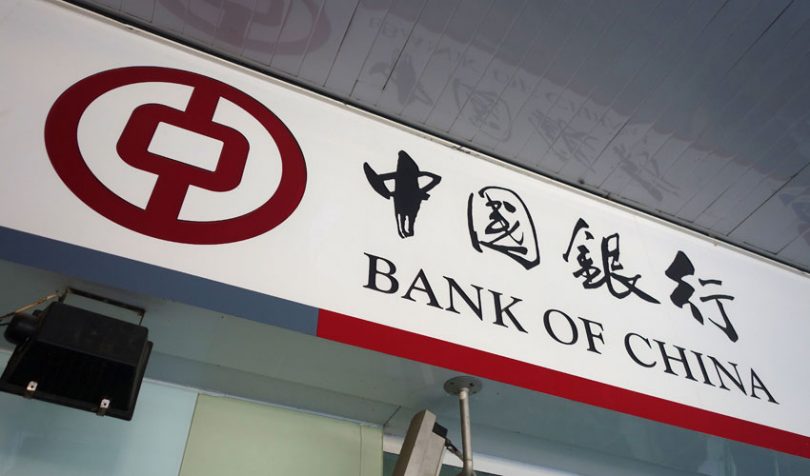Recently, the Bank of China (BoC) completed the issuance of 20 billion yuan ($2.8 billion) worth of bonds using its proprietary blockchain system, reported Sina Finance. The bank will use the proceeds to provide finance to small and micro-enterprises.
State-owned Bank of China is the fourth-largest commercial bank in the country. The blockchain system developed by BoC includes functions such as bond creation, bookkeeping, underwriting, network management, bond purchase, order summary, pricing and placement.
The bond issuance is part of an initiative to boost the Chinese economy by supporting micro and small businesses (MSEs). A few months ago, Chinese policymakers eased the monetary policy to help small businesses. China’s total outstanding loans for small enterprises surged to the highest level in Asia in May, at 10.3 trillion yuan ($1.5 trillion), a 21% increase from a year earlier, reported China Daily.
China is working on several blockchain projects and hopes to dominate the market. Last month, the Bank of China launched an insurance blockchain along with multiple partners. It is also working with IBM to research application of AI, blockchain and IoT for the financial sector.
The Bank of China is part of the blockchain forfaiting transaction (BCFT) platform developed in collaboration with CITIC Bank, Minsheng Bank and Ping An Bank. Three months ago, the BCFT platform announced it processed about 20 billion yuan ($2.8 billion) of trades.
Blockchain for Bonds
Blockchain for bond issuance is not a new concept. The World Bank’s bond-i, managed by Commonwealth Bank of Australia, has raised a total of $108 million to date. Spanish bank BBVA has arranged different types of loans using blockchain.
A few months ago, Banco Santander issued a tokenized $20 million bond on the public Ethereum blockchain.
HSBC Singapore is working with Singapore Exchange and state-owned Temasek to trial blockchain for the Asian bond market. Additionally, the Thai government is also running a pilot for bond issuance.






